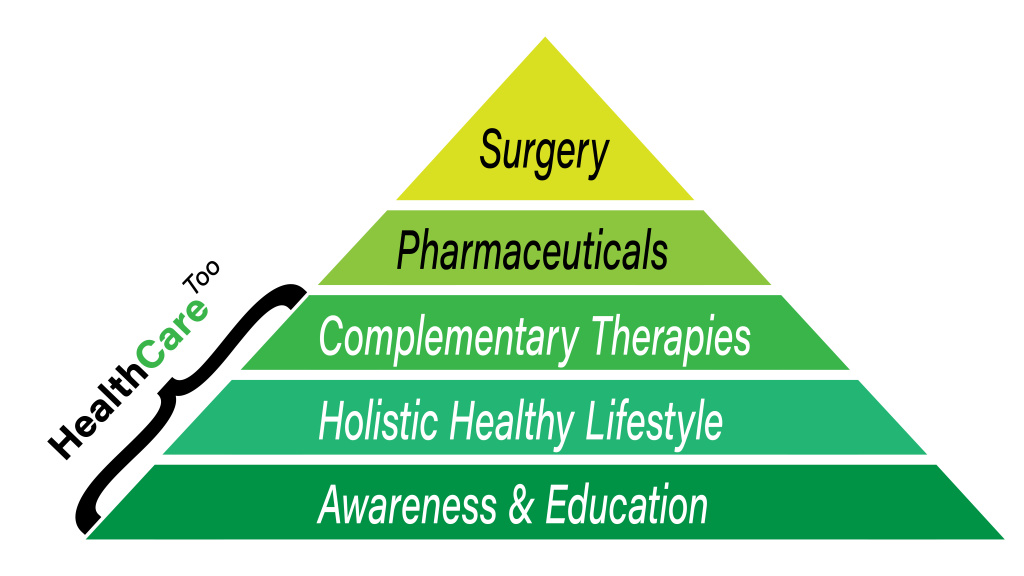Milking Dairy Terms
On the positive side, it is good that the FDA has noticed the uptick in consumer interest in plant-based food which includes non-dairy forms of milk like almond, soy, coconut, oat milks. However, there is also a danger of milking dairy terms to keep consumers in the dark about healthy alternatives.
Perhaps most-worrying is the point from the article that the FDA wants comments on the role of plant-based products and dairy foods in meeting the recommendations in the Dietary Guidelines. The same Dietary Guidelines that the Wall Street Journal called out for dairy industry influence nearly 15 years ago in 2014: How Milk Got A Major Boost By Food Panel. Perhaps that deserves a comment.
On Friday, September 28, the U.S. Food and Drug Administration (“FDA”) published a request for comment on the use of dairy-terms in the labeling of plant-based food products. Interested stakeholders can submit comments to the FDA until November 27, 2018.
The FDA first acknowledges the “emergence and expansion” of plant-based foods and beverages over the past several years, noting that many of these products use dairy-terms as part of the products’ names and are often placed in or adjacent to where dairy products are sold in stores. The FDA then identifies its areas of concern, which are that “these plant-based products may not have the same basic nature, essential characteristics, and characterizing ingredients as their dairy counterparts and may differ in their performance characteristics (e.g., physical properties, flavor characteristics, functional properties, or shelf-life) such that they are not suitable substitutes for certain uses.” Specifically, the FDA is concerned about consumers’ understanding and awareness of the nutritional differences between plant-based products and dairy products.
Source: FDA Requests Comment on Use of Dairy-Terms in Labeling of Plant-Based Food Products – Lexology
You may also be interested in Rx Meditation: Headspace’s New Prescription Strategy Could Change the Way We All Meditate




